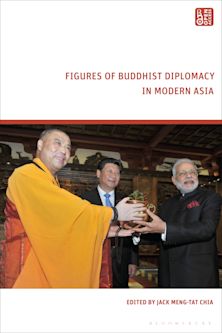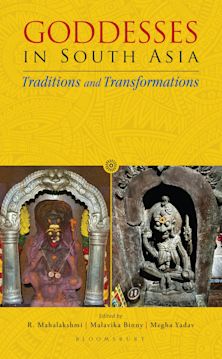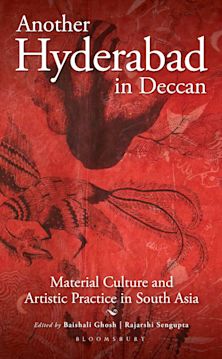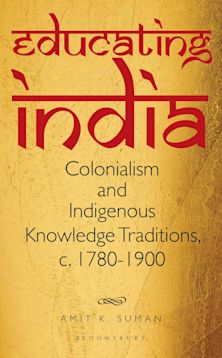- Home
- ACADEMIC
- History
- Asian History
- Grassroots Activism of Ancient China
Grassroots Activism of Ancient China
Mohism and Nonviolence
Grassroots Activism of Ancient China
Mohism and Nonviolence
This product is usually dispatched within 1 week
- Delivery and returns info
-
Free US delivery on orders $35 or over
You must sign in to add this item to your wishlist. Please sign in or create an account
Description
This book examines Mohism as a movement in early China, focusing on the Mohists’ pursuit of power. Fashioning themselves as grassroots activists, the Mohists hoped to impact the elite by gaining entry in its community and influencing it from within. To create a less violent world, they deployed strategies of persuasion and negotiation but did not discard counterviolence in their dealings with the ruling class. In executing their activism, the Mohists produced knowledge that allowed them to hone their nonviolent strategies as well as to mount armed resistance to aggression. In addition, the Mohists paid significant attention to the issue of personhood, constructing a self-cultivation tradition unsparing in its demands for overcoming human conditions that would impede their performance as activists. This book situates Mohism in the history of nonviolent activism, and in that of negotiation and conflict resolution.
Table of Contents
Chapter 1. Introduction: Mohism and Nonviolence
Chapter 2. Sources and Milieu: A Quick Introduction
Chapter 3. Fighting against Violence: Grassroots Activists and Transgrassroots Activism
Chapter 4. Early China: Nonviolence, Knowledge, and Personhoods
Chapter 5. The Use of Nonviolence: Mohist Activism and the Mohist Personhood
Chapter 6. Epilogue: Mohism and the History of Nonviolence
Chapter 7. Epilogue: Mohism, Negotiation, and Conflict Resolution
Chapter 8. Postscript: Mohism, Nonviolence, and Counterviolence
Bibliography
Index
About the Author
Product details
| Published | Feb 24 2022 |
|---|---|
| Format | Hardback |
| Edition | 1st |
| Extent | 294 |
| ISBN | 9781793622341 |
| Imprint | Lexington Books |
| Dimensions | 9 x 6 inches |
| Publisher | Bloomsbury Publishing |
About the contributors
Reviews
-
Hung-yok Ip provides a detailed examination of how the Mohists—a nonviolent and understudied social movement in ancient China—fought for social, economic, and political justice for the oppressed through negotiation processes. Working from a weak position in comparison to the ruling elites, the Mohists used a variety of non-adversarial negotiation and persuasion tactics—very unusual and experimental in their times—that focused on achieving collaboration to realize their goals. This interesting book brings the philosophy and tangible activities of this early group to life in a way that can definitely enhance today’s negotiation research and practice surrounding citizen-led activism on behalf of civil rights and justice.
Bertram I. Spector, editor-in-chief, International Negotiation: A Journal of Theory and Practice
-
Though less well-known, Mozi is as important a figure as Confucius for their time (ca. 500–400 BC). Mozi remains within the realm of Confucius’ thought and language but offers a sharp original critique of certain Confucian concepts such as heaven (tian) and benevolence (ren). To Mozi’s teachings, Ip offers a solid, useful, and reader-friendly introduction that will serve well the needs of most undergraduate classes on early Chinese philosophy. Ip’s effort to include Mozi in the broader category of activists against violence (such as Gandhi) is a stimulating new approach of particular relevance for our own time.
Moss Roberts, New York University

ONLINE RESOURCES
Bloomsbury Collections
This book is available on Bloomsbury Collections where your library has access.



































